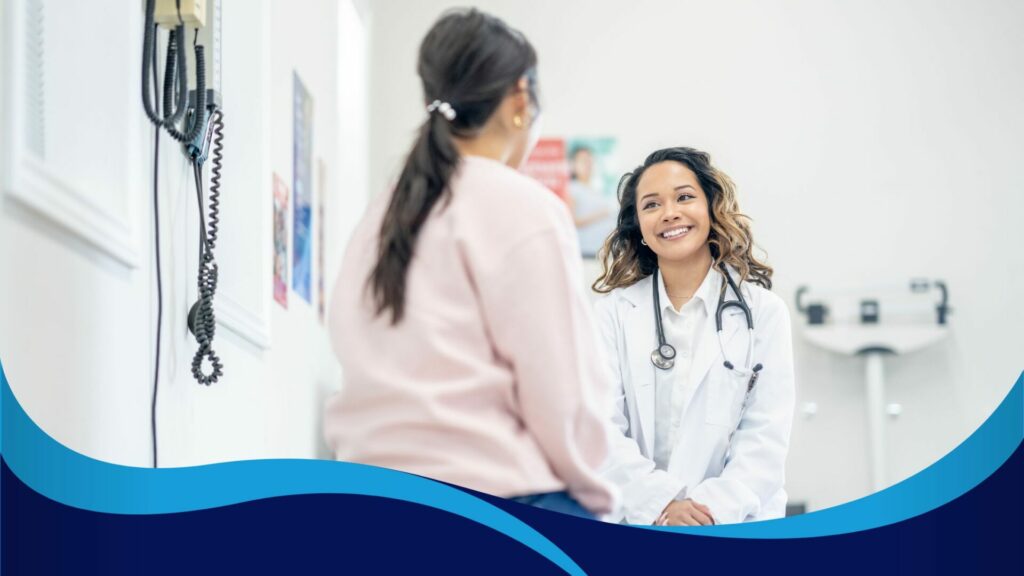
It wasn’t until recently that drugs intended for women were actually studied… using women. Until 1998, medical research primarily tested men, even if the medication was meant to be used for women. With the support of the government and private institutions, new research is looking to close the research gap in women’s healthcare and better address women’s health issues. This week on Fox17, Dr. Bitner discusses common misdiagnoses and shares the latest information to improve women’s health.
Women develop heart disease differently than men. Many times, women’s symptoms are not as predominant and are commonly diagnosed as anxiety. Due to the drastic difference in symptoms between men and women, tests used to detect heart disease in men have failed to diagnose women. With the new studies, the medical community has been able to raise awareness of this misconception and improve the detection of heart disease among women.
Many autoimmune diseases affect women more than men. Autoimmune diseases like endometriosis, rheumatoid arthritis, lupus, and thyroid are now being studied with an emphasis on women’s symptoms and treatments. The initiative has begun the conversation on diagnosing, treating, and normalizing the conversation around women’s health.
Women tend to downplay their symptoms. Whether it is heart disease, an autoimmune disease, or menopause, women are more likely to minimize their symptoms. This can lead to women not reaching out for help, misdiagnosis, and late detection of serious health concerns. Many women are told their symptoms of menopause are just part of aging, but that is not true. This initiative is combating misconceptions like that to provide resources and solutions for women’s health.
Jane, 50, had been experiencing menstrual migraines, abnormal weight gain, and night sweats. Friends and family told her it was probably just due to aging. After years of feeling frustrated with these symptoms, she finally brought them up with her doctor.
Her doctor informed her it was not just age but was treatable symptoms of menopause. With the new research on women’s health, her doctor suggested a newly developed medication for headaches and a few lifestyle changes to improve her overall wellness. Jane was now better educated on her symptoms and began tracking them and using a hormone patch to improve her sleep and help with headaches.
She now feels more energetic and is able to get back to doing things she loves.
If you experience symptoms, stay strong and keep advocating for yourself. It is not in your head and treatment options are available!
Watch the full segment here.

OUR PROGRAMS
RESOURCES
CONTACT US
SUBSCRIBE